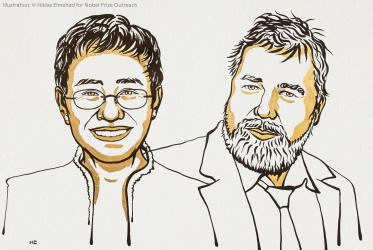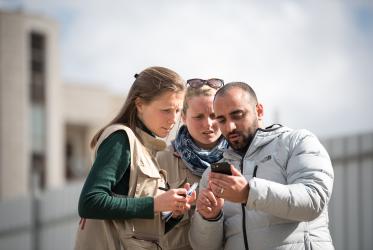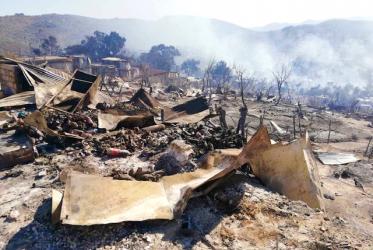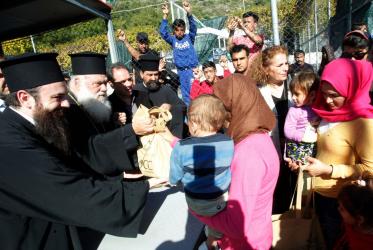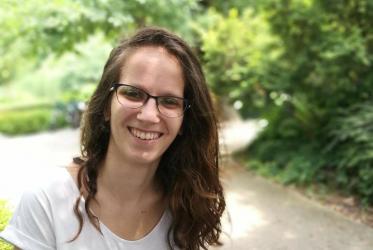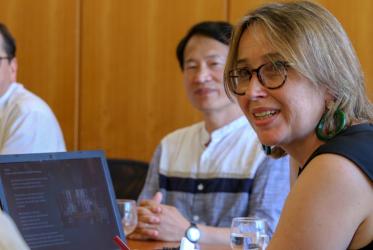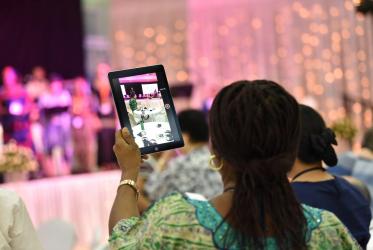Displaying 1 - 20 of 99
WCC congratulates 2021 Nobel Peace Prize laureates
14 October 2021
In a COVID-stricken world, “everyone is important”
23 October 2020
Markus Imhoof film receives human rights award
10 October 2019
Dealing with traumas and healing of wounds
04 June 2019
WCC Press Conference on the Call to Discipleship and the Ecumenical movement of Love
20 May 2019
Orthodox Centre, Helsinki, Finland


